MiCA and the Future of Crypto in Europe: What Startups Need to Know
The future of digital assets has been completely changed with the introduction of the Markets in Crypto-Assets Regulation (MiCA) from the European Union (EU). This legislation is intended to help in safeguarding investors, protect against manipulation, abuse and prevent and minimize the misuse of cryptocurrency assets. These kind of regulations usually tend to raise awareness about potential risks, but MiCA does much more than that by also creating opportunities for startups and companies who want to create more of a safe and transparent environment.
Why is MiCA important for startups
MiCA has affected all startups that operate in the blockchain or crypto area. Whether a startup has launched a token or is building a trading platform, it is very important for them to understand how MiCA works in order to stay compliant.
This EU Regulation has made it possible for startups to operate in an area that is becoming more defined. For years, many startups were not sure what they could and couldn’t do because the laws were unclear, but now, with MiCA, everything is much clearer. This is a big advantage for startup founders since they can create a product knowing the boundaries and restrictions which helps to gain the trust of investors. In a market where trust is still a big concern, having the necessary license and conducting business ethically helps startups stand out, the market becomes fairer when the rules apply to everyone equally.
However, following MiCA rules means higher operating costs for crypto companies. They are required to hire experienced people, use better tech and put proper reporting systems in place which means their compliance costs would rise. They might struggle to cover the costs of meeting anti - money laundering rules and getting the necessary licenses. Because of this, startups could find it harder to keep up with bigger competitors.
Taking all that into account, MiCA’s rules can be overwhelming for startups. Staying compliant means constantly getting legal help to understand and follow all the requirements, which takes time and resources. To better understand what startups are dealing with, here’s a look at the main rules MiCA puts in place as well as the challenges and opportunities it brings.
Key Provisions of MiCA
1. Licensing and Passporting
Before MiCA was introduced, a crypto startup could register in a country with an average economy and meet the Anti Money Laundering (AML) requirements for a price of €10.000 but with MiCA in place, that license would now cost around €60.000 and it would take over six months to secure it because of the extra checks required. Once a company is approved in one EU country as a Crypto-Asset Service Provider (CASP), it can work in all other EU countries without needing more licenses. This “passporting” makes it easier for startups to operate across Europe.
2. Whitepaper Requirements
If a crypto project is launching a token, it has to publish a document called a whitepaper. This paper should explain important things such as the purpose of the token, how it technically works, the risks involved and issuer’s identity (who is behind the token).Most of the time, these whitepapers do not need to be approved before they are shared. But they still have to be sent to regulators and made available for everyone to see. This helps keep things transparent and protects people who want to invest.
3. Stablecoin Regulation
Stablecoins get special attention in MiCA. Companies that issue ARTs (Asset-Referenced Tokens)and EMTs (E-Money Tokens) have to follow strict rules to keep things stable, this means that they must keep enough reserves to back every token they issue, they need to make sure users can always redeem their tokens for real value and for ARTs, there are limits on how much can be moved each day. If a company wants to issue EMTs (E-Money Tokens), it has to get a special license like other electronic money providers. This helps stop big problems like the Terra/Luna crash from happening in the EU.
4. Market Conduct and Consumer Protection
MiCA wants to keep bad actors out of the crypto world. That means no insider trading, no market manipulation, honest advertising and making sure companies put their customers first. These rules make crypto more like regular finance, helping build a safer and more trustworthy industry.
Opportunities for Startups
Apart from the rules it sets, MiCA also creates good opportunities for startups that want to build something serious in the crypto field. Before MiCA, crypto rules in Europe were very unclear. Now, startups have a better idea of what is and isn’t allowed. The European Commission has stated that MiCA is meant to support innovation while still keeping the financial system safe. If a startup follows the rules, it shows users and investors that they can be trusted.
One of the biggest benefits of MiCA is the so called ‘Passporting’. Startups do not have to get separate licenses for every EU country they want to operate in, if they get approved in one, they can operate across the EU. That saves time, lowers costs and definitely makes it easier to follow the rules when expanding across Europe. For example, a startup in Paris or Berlin can quickly expand to places such as Amsterdam, Madrid or Warsaw without dealing with lots of extra legal steps. This is huge for startups that can’t afford getting legal help in every country as it lets them focus on building their product instead of dealing with paperwork.
Apart from the defined rules that companies need to follow and the passporting, MiCA has also made it possible and easier for companies to win over serious investors. Being in compliance with MiCA shows that a startup is serious and trustworthy, which means they are more likely to attract partnerships and funding opportunities.
Challenges and Risks
However, despite its benefits, MiCA also presents challenges, especially for small startups with limited budgets. First, getting licenses, writing whitepapers, hiring lawyers, compliance experts or new team members, all cost money. For early stage companies, with all these requirements their budget can be used up easily. Second, some businesses, especially those working with stablecoins or cross chain finance, might have to change how they operate to follow the rules. That can delay launches, slow down development or force teams to drop certain features they had planned. Last but not least, it might cause for companies in general to relocate elsewhere and for startups to launch their product elsewhere. MiCA brings more rules and order but in the meantime it might push startups away. Because of the tighter rules, companies could decide to move to places with fewer restrictions, such as the U.S., UAE, or Southeast Asia, where it might be easier to start a crypto business without so many rules and restrictions. This could mean Europe risks losing some of its most creative crypto startups. However, it’s also possible that clear regulations like MiCA will attract serious investors and bigger players who want to work in a safer, more predictable market. Finding the right balance will be key for Europe to keep growing its crypto industry while protecting users. To make things a bit easier, here's a simple breakdown of what startups need to do to stay MiCA compliant.
A Startup’s MiCA Compliance Checklist
First, it is important to figure out the kind of token in question, whether it’s a utility token, an ART, or an EMT. Next, check whether the service counts as a Crypto-Asset Service Provider (CASP).All relevant information should be covered in a whitepaper that is easy to read and understand. After that, it is important to contact the national regulator to start the authorization process for the CASP license. Set up solid compliance systems, such as those for reporting, anti-money laundering and controls to stop market abuse, are crucial. Finally, staying updated on new guidelines from ESMA and other relevant authorities helps ensure ongoing compliance. Final thoughts In conclusion, for cryptocurrency entrepreneurs, MiCA brings both opportunities and challenges. Although staying compliant may require a lot more work and higher costs, following MiCA nurtures more confidence and trust. Startups that take the time to understand and follow MiCA may find themselves in a stronger position in the long run.


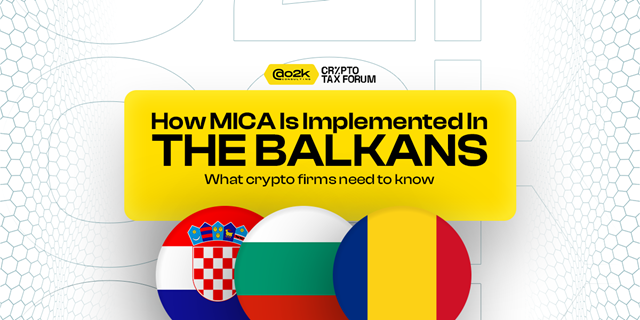
.png)

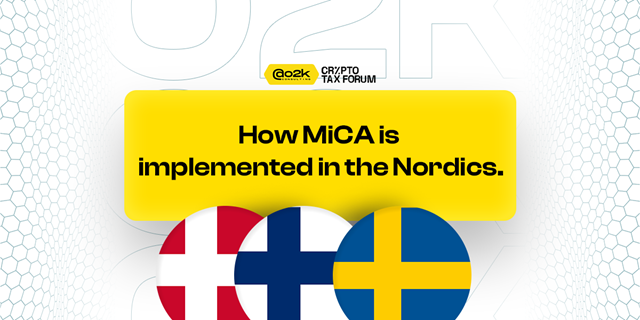


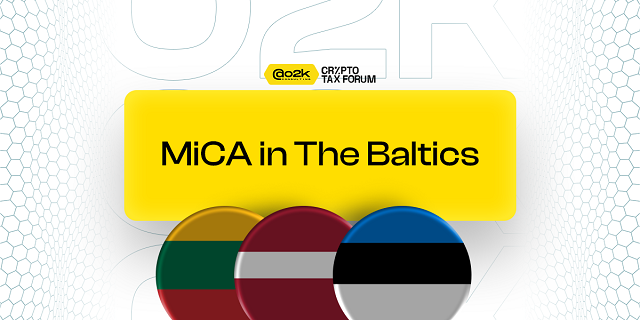






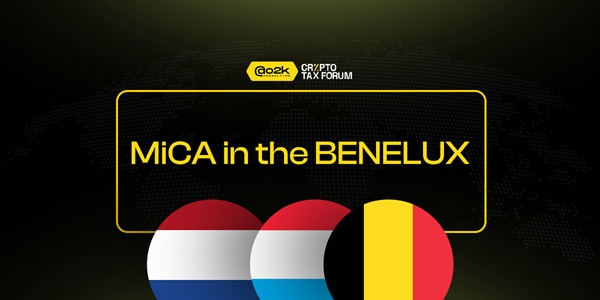
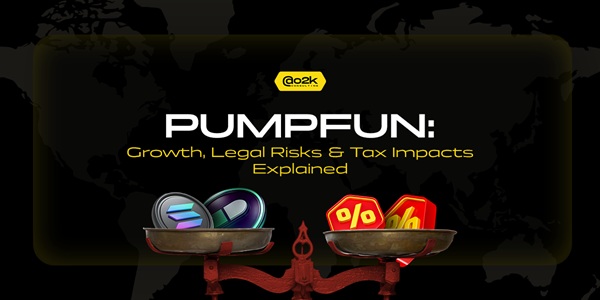










.jpeg)


























.jpg)






































